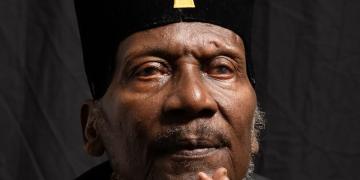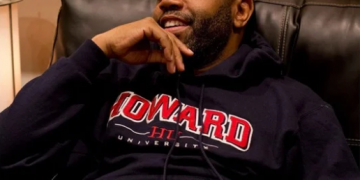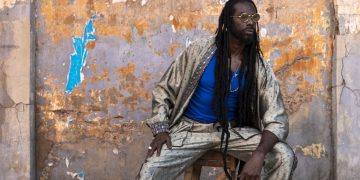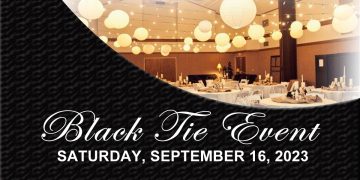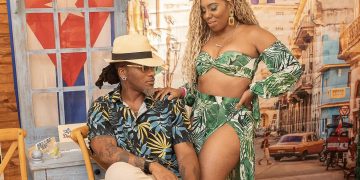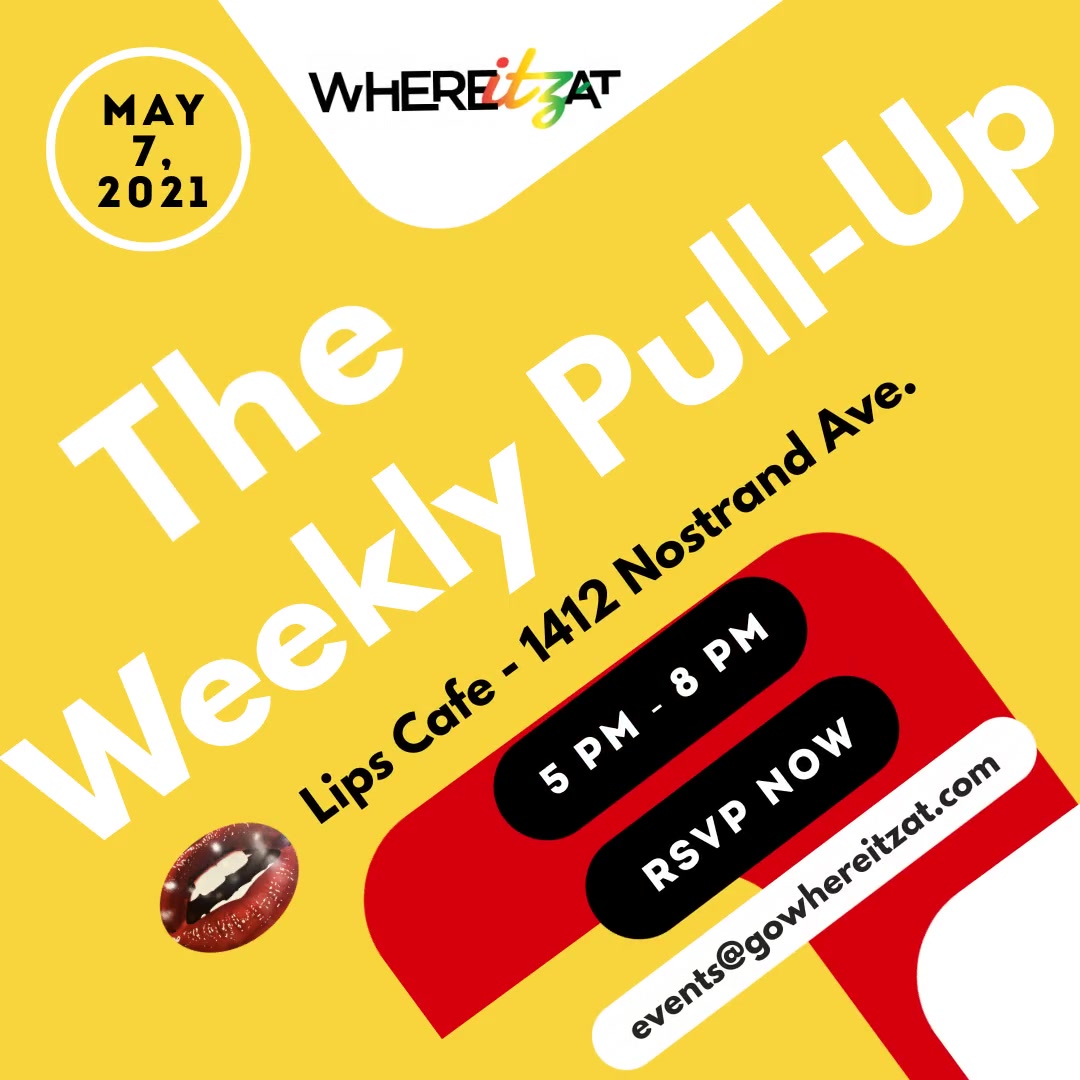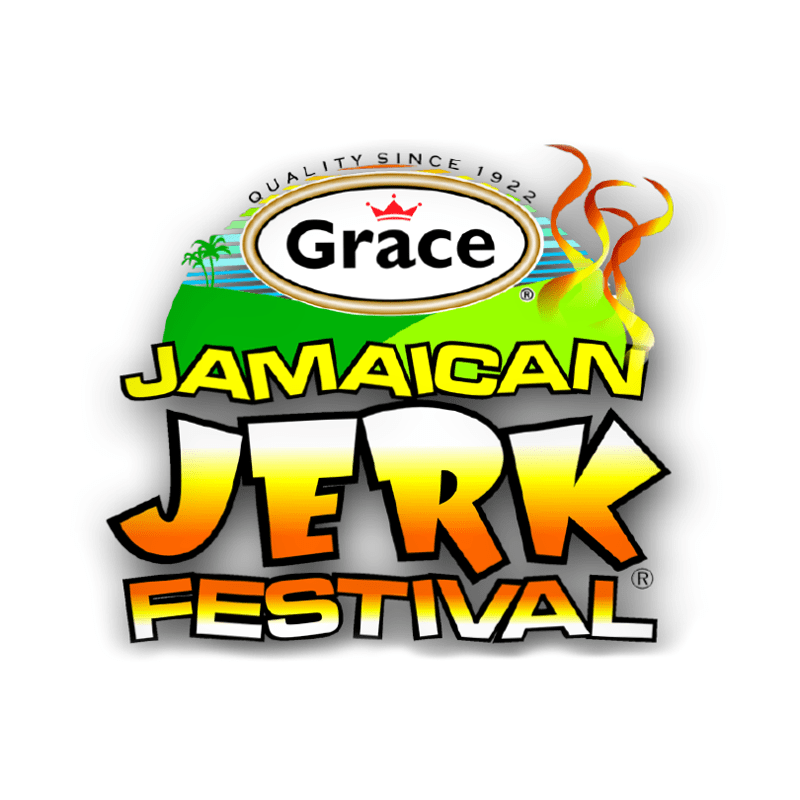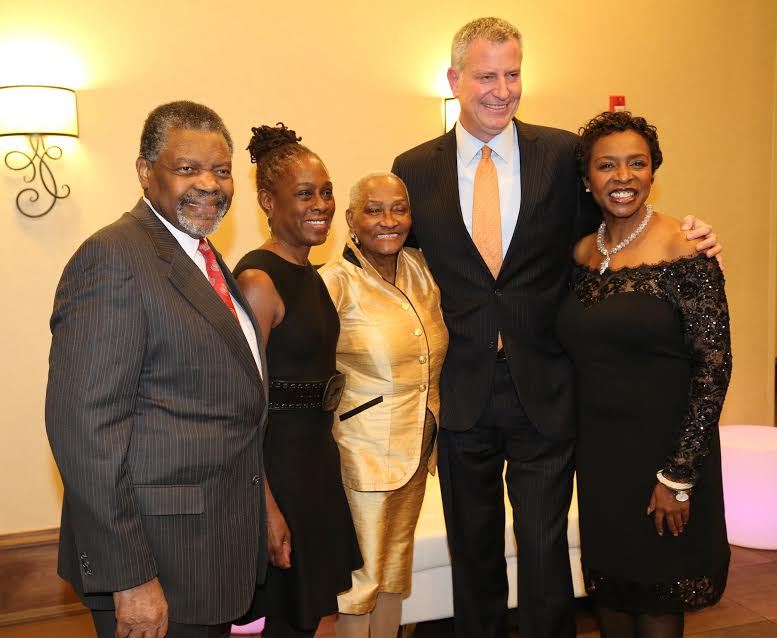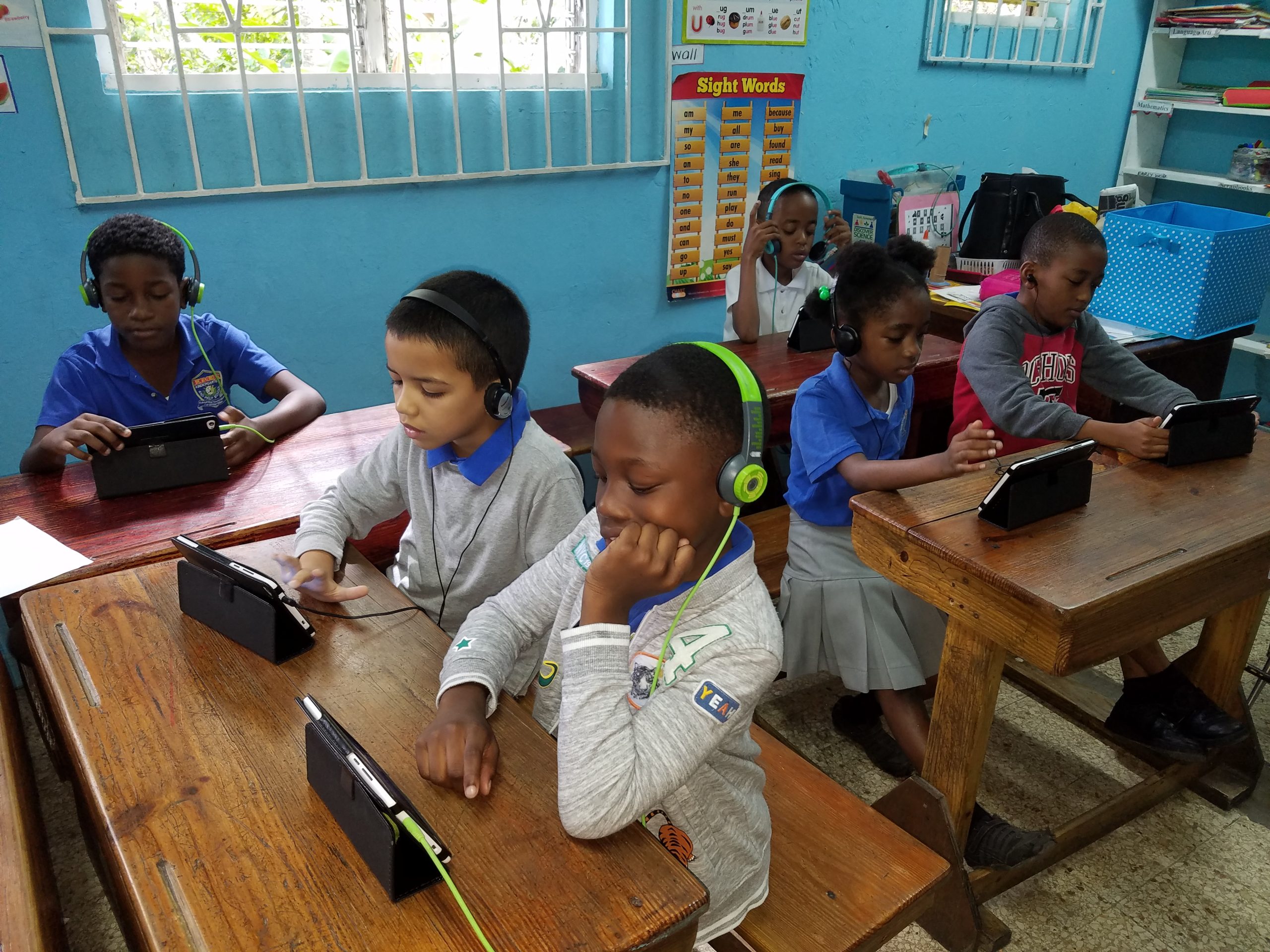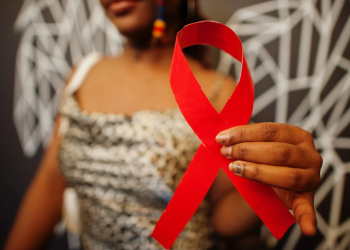 Mum told me he and I met when we were about 1-year old. We called each other ‘best friend,’ but because I grew to think of him as family; I, once, in his presence, referred to a mate I made in primary school as my ‘new best friend.’ He was hurt by it.
Mum told me he and I met when we were about 1-year old. We called each other ‘best friend,’ but because I grew to think of him as family; I, once, in his presence, referred to a mate I made in primary school as my ‘new best friend.’ He was hurt by it.
Trevor’s family was our next-door neighbor and we were born in the same year; I at the beginning, Trevor six months later. But Trevor was always bigger than I was–by at least two inches. Even as he laid ill in the hospital bed he was bigger than me by at least 50 pounds …and three inches.
I’d been visiting Trevor more frequently these days because in the last several months he’d been in and out of the hospital.
Our talks ramble on even when they are brief. And we laughed. A lot.
Spreading good cheer is a gift Trevor was born with and never lost. There was enough of this trait in him before he was a teenager that some in our old neighborhood called him ‘Smiley’ and, later, ‘Jingles.’
Winston went with me to visit Trevor and left feeling better about the past and present world, and about life. Winston and Gladstone, my twin cousins, are older than me by as many months as I am older than Trevor. Trevor recalled the four of us going to St. Anne’s Catholic Infant School on North Street. He related in the funniest, inimitable way, how we left Myers Street for school with instructions to“hold hands so you wouldn’t get lost;” that we were‘not to walk out in the middle of the street.’ It never occurred to our families, he remembered, that the sidewalk disappeared along much of the route –that the curb was mostly not wider than a footpath; that the zinc fencing that fronted many homes tilted out into the street so sidewalks were minimally or completely unusable; that we walked the sidewalk on its thinnest edge, as if it were a high-wire; that for most of the way we had to walk out into the street!
The longest, heartiest laugh Trevor gifted me, though, was his remembering our graduation to long pants. He said our pants marked our march from ‘childhood’ to ‘manhood’ — he pronounced those words so I couldn’t miss the meaning Jamaicans attach to their suffix.
We started, he said, with pants our mothers made. They had suspenders made from the same fabric and were cut roomy; ‘room to grow.’ They were made without a ‘fly’ as though our genitals were inconsequential (his phrasing was more poignant) and we could only pee by raising the wide and open leg of the pants. When we ‘shot up overnight’ (something he did much more often than I did) and the suspenders became too short, the suspenders were ditched, and buttons sewn onto the front of our shirts to anchor the pants. By then the pants were tight, anyway.
Then we graduated to ‘big boy pants,’ often made by a local tailor; but to our delight and preference, some were store-bought. We preferred that they should have a zipper at the fly, but our parents were inclined to those with a button fly.
“You can get yourself caught in a zip!” they worried; and, truth be told, we knew of at least two occasions when exactly such an excruciatingly unfortunate near-circumcision happened.
At this pupa stage, we longed for long pants. Expensive things, these were and given most grudgingly to growing boys. Ultimately we got one; the first one, made of heavy wool and so boxy it gathered at the waist when we tightened our belt. We were only allowed to wear it on Sunday to church. Not just any Sunday. First Sunday, perhaps. Easter, and Christmas, for sure.
Then we got a second pair of long pants, it too was reserved for Sunday wear. And about then the pants were less boxy, and (steps away from manhood) we were given our first briefs (underpants). Other boys could watch us wearing long pants and be envious. But how to firmly establish our maturity and make it obvious we were also wearing briefs? Problem solved: stick our shirt tails into the briefs and be sure the elastic waist of the brief was raised just above the beltline of our long pants!
On Good Friday Trevor went from hospital to at-home hospice care. I dropped in on him as often as I could. Each time it was clearer that he was slipping away. Each time, we held hands.
After our last visit, when he could no longer speak, I was just pulling away from the curb outside his home when I was called back. Trevor had stopped breathing.
His wife Jean and daughter Alicia and I searched for a pulse, a heartbeat. There was neither.
We hoped the mirror would mist. It didn’t.
And I held my best friend’s hand one last time.
–Astor M. Val-Hackett; New York

